CMF Community Foundation Databook
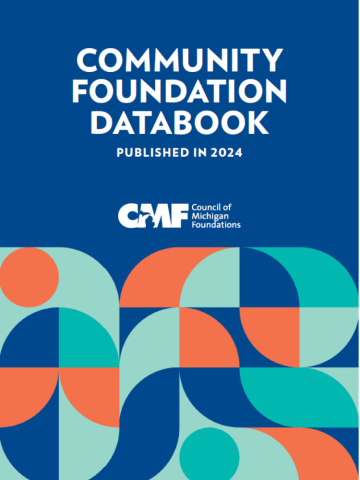
This databook provides a snapshot of Michigan community foundations for benchmarking and storytelling.

This databook provides a snapshot of Michigan community foundations for benchmarking and storytelling.
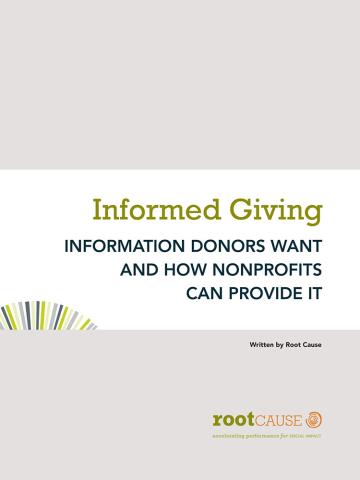
The report reveals the types and formats of information donors are interested in receiving and offers detailed recommendations to nonprofits.

In Do More than Grow: Realizing the Potential of Community Foundation Donor-Advised Funds, new data and analysis of donor behavior reveals the significant untapped strategic value in community foundation DAFs.
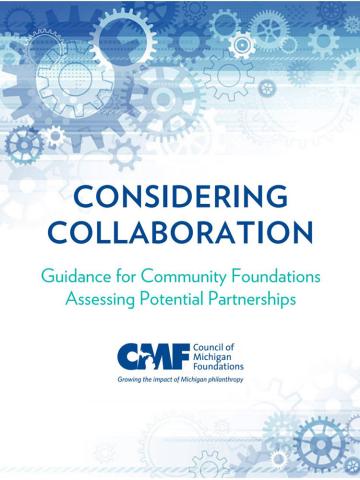
This tool is intended as a starting point. Use it with your board members and leadership staff to inform internal conversations about pursuing potential partnerships.
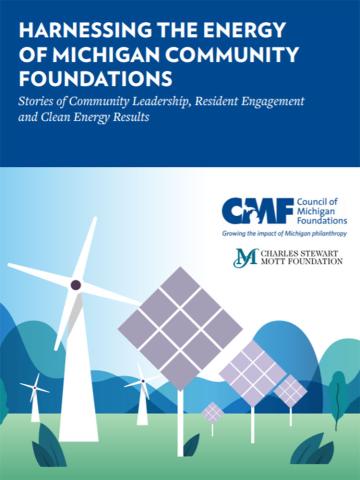
This publication offers an introduction to their demonstration projects and provides a glimpse of their early results. Moreover, their stories demonstrate the breadth of opportunities community foundations have to play a leadership role in the shift to clean energy in our state.

This report examines 2015 through 2019 fiscal year data from 989 charities. For the tenth consecutive year, there was growth in donor-advised funds (DAFs) in every key metric. Most notably, grantmaking from DAFs to qualified charities totaled more than $25 billion in 2019, a 93 percent increase over since 2015. The same rapid growth trajectory also applies to contributions to DAFs, which totaled $38.81 billion in 2019. This represents an 80 percent increase in contributions since 2015.
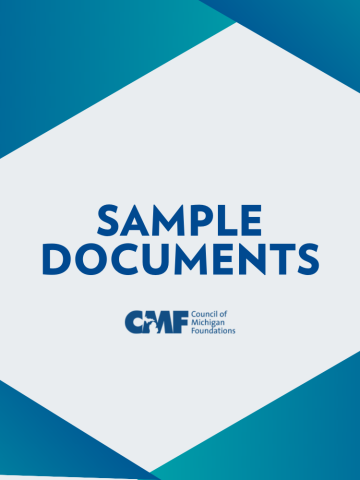
A collection of sample fund agreements.
To better understand how community foundations can best respond to the current environment, the Center for Effective Philanthropy asked donors about how satisfied they are with the community foundations with which they work. What matters most to them? What do these donors want from their community foundations?
The research reveals that donor satisfaction is vital for community foundations. Donors who are more satisfied with their community foundation are more likely to indicate that they plan to continue giving and more likely to recommend the foundation to others. The data also show that the strongest predictors of donor satisfaction are donors’ sense of the foundation’s level of responsiveness when they need assistance and donors’ perceptions of the foundation’s impact on the community.
This study assesses the initial impact of the 2011 repeal of the Community Foundation Tax Credit in Michigan. The Council of Michigan Foundations commissioned the study with the hope of using the data to better understand the role of incentives in charitable giving and to leverage legislative support for community foundations.
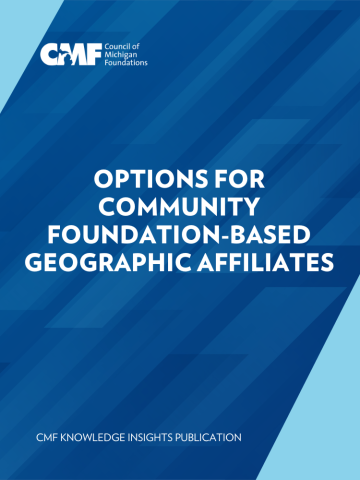
Community foundations regularly reach out to CMF to learn about affiliates and what options may be available for large, geographic funds. These funds are often created to serve a specific geographic area within the service area of an existing community foundation, such as a town or county. Some community foundations were formed using affiliates to serve certain service areas, while others have established affiliates over time, evolving based on community needs or donor interest.